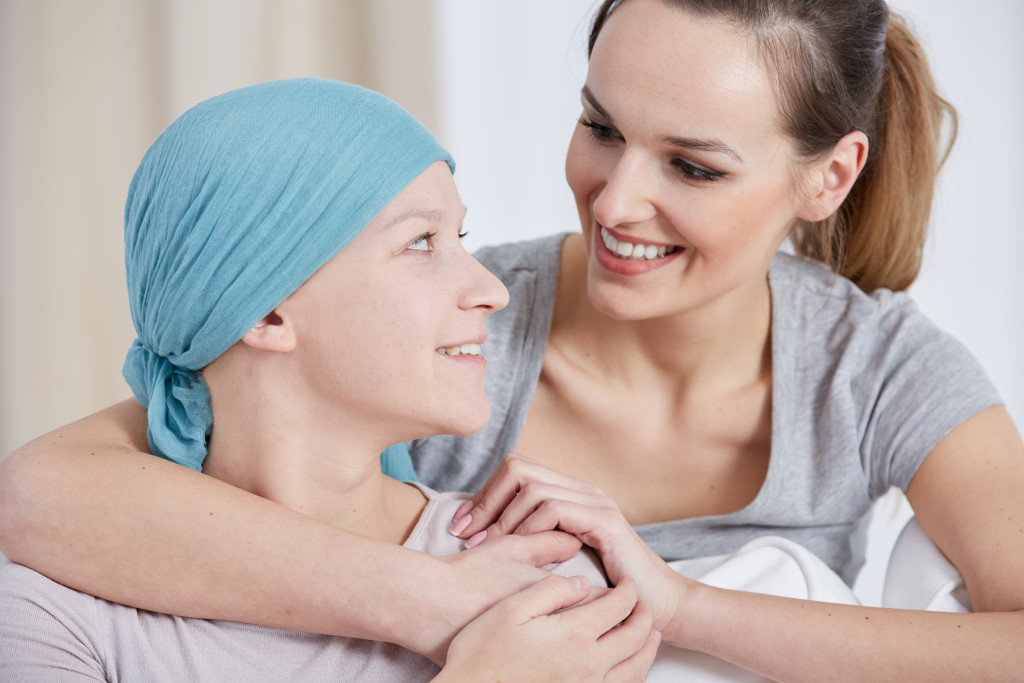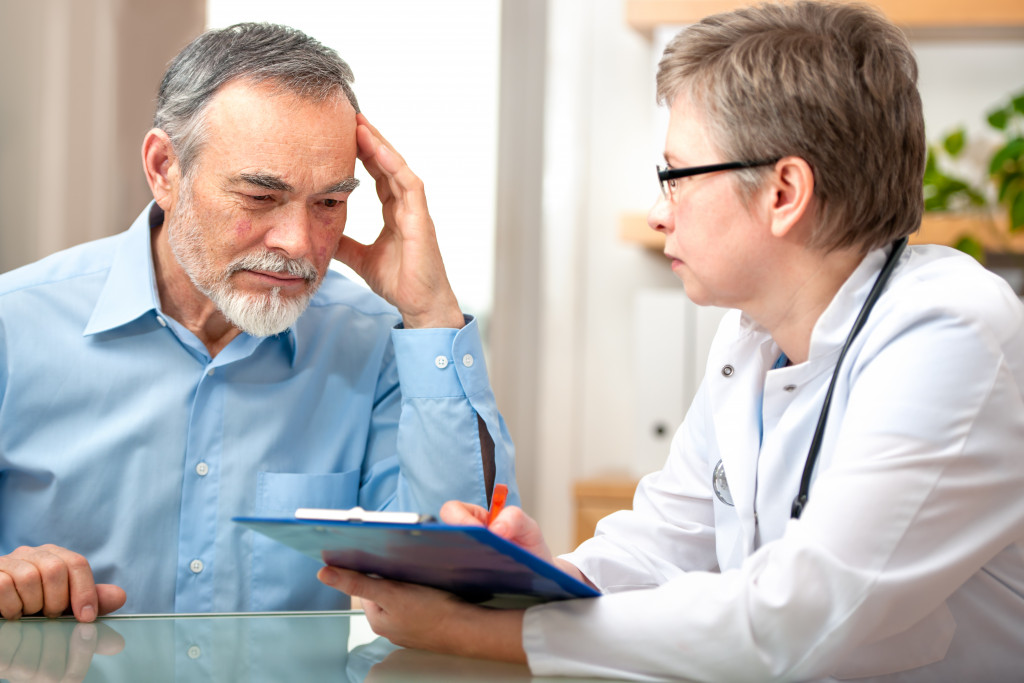Cancer is one of the most common diseases in the United States. It’s estimated that nearly two million Americans are diagnosed with cancer annually. It’s a disease that can profoundly impact your life, and chemotherapy is often the primary treatment option.
What is Chemotherapy?
Chemotherapy refers to cancer treatments that use drugs to kill cancer cells. These drugs can be administered intravenously (by IV) or orally. Once they enter the bloodstream, they travel throughout the body to reach cancer cells anywhere they may be located. Though chemotherapy drugs attack cancer cells, they may also damage normal cells, causing side effects. Here are five ways chemotherapy may affect your life.
How Does Chemotherapy Affect Your Life?
Chemotherapy is a treatment, and like any other treatment, it has several side effects. Here are some of those side effects.
Your Appetite and Sense of Taste
Chemotherapy drugs can sometimes cause changes in your sense of taste. You may find that foods taste different than usual or that you have no appetite at all. Some people lose weight during chemotherapy, while others gain weight. Eating a healthy diet during treatment is vital to help you feel your best and maintain your strength.
Fatigue
Fatigue is one of the most common side effects of chemotherapy. It may be caused by the treatment itself or by low levels of red blood cells (anemia). Fatigue can make it hard to concentrate, remember things, or do daily activities such as grocery shopping or getting dressed. If fatigue is a problem for you, talk to your healthcare team about ways to manage it.
Skin Changes and Nail Problems
Some chemotherapy drugs can cause changes in the nails and skin. For example, you may notice redness, rashes, dryness, peeling, or bruising more quickly than usual. Your skin may also be more sensitive to sunlight, so it’s essential to protect yourself from the sun by wearing sunscreen and clothing that covers your skin when you go outside.
Eye Problems
Chemotherapy drugs can sometimes cause problems with vision, such as blurry vision or trouble seeing at night. This is because the drugs can damage the retina, the eye part that allows you to see. If you have any changes in your vision, tell your doctor or nurse so they can refer you to an eye specialist (ophthalmologist) if needed.
Mouth Sores and tooth loss
Mouth sores are a common side effect of chemotherapy. They can make it painful to eat. However, for longer durations, chemotherapy can lead to tooth loss. Oral complications with chemotherapy are pretty standard.
The oral complications include periodontitis which can be problematic in people’s lives and complicate their current situation. People undergoing it should visit their local dental clinic twice a year. This is to ensure that their teeth are healthy and preserve them as much as possible.
Side effects from chemotherapy vary from person to person and depend on many factors, including the type of cancer being treated and which drugs are used. Some people have few or no side effects, while others may experience more severe reactions. If you want to decrease the severity of the side effects of chemotherapy, here are some ways you can do that.
Stay Hydrated
Hydration is one of the essential things you can do for your body during chemotherapy. It helps to flush out the toxins from the drugs and helps with fatigue. Drinking water is the most common way to stay hydrated. However, you also have other options for staying hydrated while under chemotherapy. Here are some of those options:
Electrolytes
If you want to stay hydrated while also replenishing your electrolytes, you can drink sports drinks such as Gatorade or Powerade. These drinks are designed to replace the electrolytes lost when you sweat. Coconut water is also an excellent option for staying hydrated because it is high in electrolytes. It also has a refreshing taste that can help you feel more awake and alert.
Fruit and vegetable juices
Another option for staying hydrated is to drink fruit and vegetable juices. These juices are packed with vitamins and minerals that can help boost your immune system.
Eat Healthy Food
Eating a healthy diet is essential for everyone, but it is vital for people undergoing chemotherapy. A healthy diet can help you feel your best and maintain your strength. It can also help to reduce the side effects of chemotherapy. Here are some tips for eating a healthy diet during chemotherapy:
Eat small, frequent meals
Eating small, frequent meals is often easier on the stomach than eating three large meals daily. It can also help you to avoid feeling too full or too hungry.
Choose easy-to-digest foods
Some people find particular foods easier to digest than others during chemotherapy. These include bland foods such as crackers, toast, rice, and pasta. You may also want to avoid fatty and fried foods as they can be hard to digest.
Get plenty of rest
Resting is essential for people undergoing chemotherapy. It gives your body time to heal and recover from the treatment. It is also vital to get plenty of sleep. Most people need at least eight hours of sleep per night.
Chemotherapy is an essential treatment for many types of cancer. However, it can also cause side effects that can be difficult to deal with. By following these tips, you can help to reduce the severity of the side effects and make chemotherapy more tolerable.

